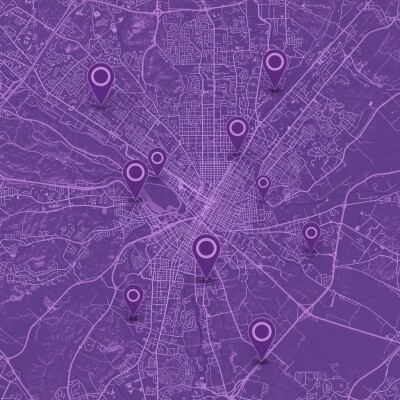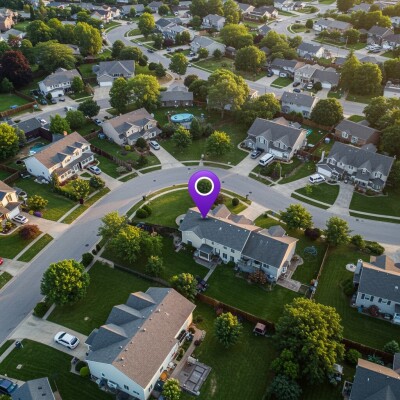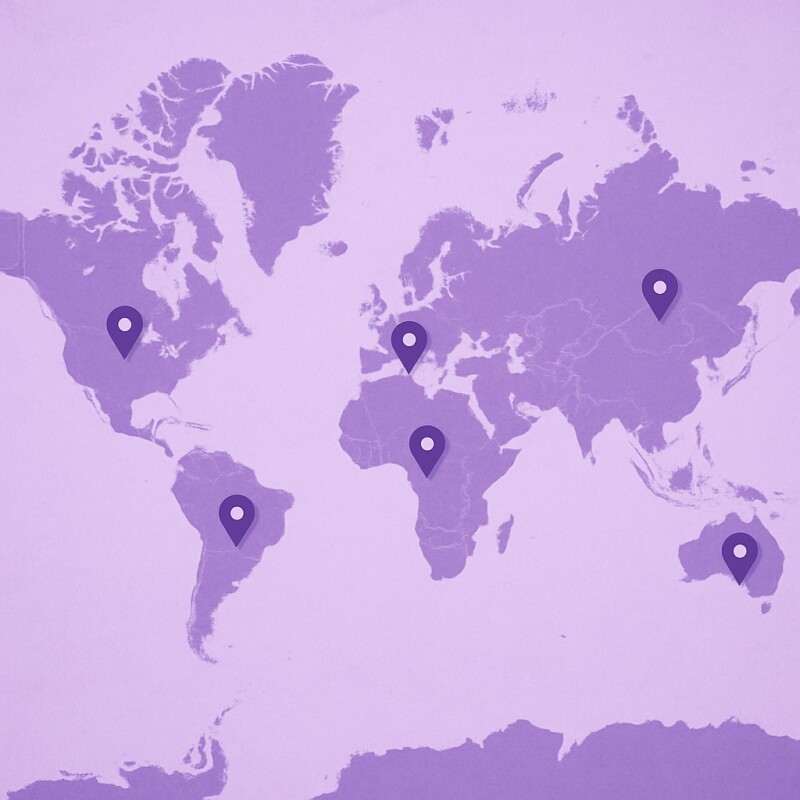Sponsored by Precisely
Most people don’t think twice about addresses. It’s something that’s written on an envelope or punched into the Uber app and then put out of mind. For businesses across many industries for which addresses are a crucial piece of data for operations, though, it’s crucial to have clean and contextualized address data. Consider, for example, the following three addresses:
- 346 Main Apt A
- 346-A Main St.
- 346 Main Street Unit A
It’s obvious to the human eye that these represent the same location, but for operations purposes, this variation in formatting can cause real problems. Businesses are dealing with hundreds, thousands, and even millions of addresses at a time, and having everything in different formats can be a major headache for data teams. Because of this, it’s crucial for these organizations to have their address data in proper context and in a consistent format to ensure smooth operations.
Address data is a core area of expertise for Precisely, leader in data integrity. At the heart of this effort to help organizations with trusted location data is their geo addressing technology—a key competency that unifies their strengths in geocoding and address verification. This integrated approach empowers organizations to make faster, more confident decisions by ensuring the accuracy and reliability of address data across operations.
What is geo addressing?
So what is geo addressing exactly? It’s the culmination of three integrated processes that refine address data to make it more accurate, consistent, and actionable for organizations. First, addresses are verified, standardized, and cleaned to ensure they are reliable and usable by data teams. Next, each address is assigned a hyper-accurate geocode and a unique identifier. Precisely uses the PreciselyID—a persistent identifier that consolidates the multiple components of an address into a single, streamlined code. Because addresses are often inconsistent across systems and subject to frequent change, this unique identifier enables easier enrichment with additional attributes. Finally, geo addressing supports address autocompletion, allowing users to look up an address, geocode, or identifier based on partial keystrokes, enhancing both efficiency and data quality.

As one might expect, there are numerous industries for whom geo addressing is invaluable and is already providing real value. Take the insurance sector, for example. Insurance is inherently location-dependent, with policy pricing largely influenced by where a policy is held. For insurers to make sound business decisions—whether assessing risk, underwriting, or pricing—they must rely on accurate, standardized address and location data.
When writing policies, insurance companies must first know exactly where coverage will apply—and just as importantly, understand what’s happening in and around that location. Without accurate location intelligence, they face a difficult choice: deny coverage and potentially lose the business or accept a policy while unknowingly assuming risk. For instance, awareness of wildfire risk has become increasingly critical, especially as these risk zones evolve rapidly. Hyper-accurate geocoding plays a vital role in helping insurers stay current and make informed decisions in such dynamic environments.
Beyond the insurance sector, telecommunications also depend heavily on clean, contextualized, and accurate address data. These organizations are tasked with rolling out consistent coverage over defined areas, and addresses form the core component of where that service needs to go. However, as mentioned earlier, working with address data is often more complex than it appears. The same location may be represented in multiple formats, making it challenging to communicate, match, and manage addresses across systems and workflows.
Having address data in a consistent and accurate format is essential to streamlining operations and delivering reliable coverage to customers. To identify serviceable locations, they must be able to quickly and intuitively search their databases and retrieve relevant information about each address. Not every address, however, represents a viable service opportunity—for instance, a storage unit may have a valid address but doesn't require phone or internet connectivity. Accurate geo addressing and building indicators help distinguish between such cases, enabling more efficient service planning and resource allocation.
Finally, clean address data is crucial for retail stores and other brick-and-mortar sites. Think about when a store is looking to add a new location. They need to know what the surrounding area is like and where they might have competitors and even their own locations to avoid cannibalizing their own business. While they often have a good understanding of the places their customers frequent, being able to efficiently organize, search, and analyze these alongside potential new sites significantly streamlines the site selection process. With standardized and searchable address data, retailers can make faster, more informed decisions about where to expand.
Tap into the hidden value of location data
Location intelligence already powers dozens of high impact use cases like:
· Product & service delivery
· Risk assessment
· Complex site selection
· Targeted location-based marketing
· Network planning & optimization
· Supply chain management

As companies continue to seek a deeper understanding of the physical world, the quality of location data becomes a decisive factor. That’s why leading innovators are turning to Precisely.
A Customer Success Story: Abeille Assurances
A compelling example comes from Abeille Assurances, a leading French insurance company. Like many in the financial services industry, they needed a way to better understand geographic risk, price policies with greater accuracy, and ultimately enhance the experience for their customers.
By integrating Precisely’s geolocation data into their workflows, Abeille Assurances was able to take their operations to the next level. Precise address-level data empowered them to make smarter underwriting decisions and respond to customer inquiries faster and with greater confidence.
Rosine Gergaud, Geomatics project manager and head of the GeoAnalytics team at Abeille Assurances, reflected on the long-term partnership:
“We have been using Precisely solutions for more than 10 years to support our use cases. I am extremely proud to have been involved in this project for so many years and to see the results for the Abeille Assurances teams.”
This shift didn’t just benefit internal operations—it directly improved the customer experience by enabling more accurate pricing, faster service, and reduced friction in customer engagements.
Next step on your journey towards trusted location data
Although addresses may seem innocuous to most people, anyone working with data in an address-dependent industry knows how challenging they can be. Inconsistent formats, missing context, and frequent changes turn what should be straightforward into a persistent operational hurdle. Being able to easily verify, standardize, and contextualize address data can fundamentally transform how businesses operate—whether in insurance, telecommunications, retail, or countless other sectors. This is where Precisely excels. Their geo addressing solutions are purpose-built to tackle these complexities head-on. If messy, inconsistent address data is holding your business back, it’s time to take the smarter route forward—with Precisely.
Learn more about how Precisely's location data management tools can help you by watching this webinar.






